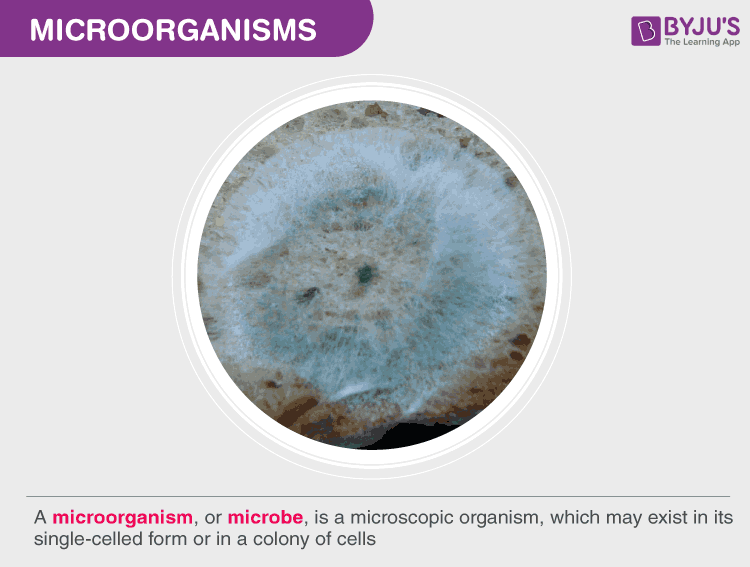Microbiology

Microbiome
The microbiome refers to the collective genomes of microorganisms residing in specific environments, including the human body, where they play crucial roles in health, disease, and ecological balance.

Microorganism
A microorganism (microbe) is an organism of microscopic size that typically requires a microscope to be seen. Microorganisms encompass cellular life forms such as bacteria, archaea, many fungi and protists, as well as acellular infectious agents like viruses (often studied in microbiology though not considered living). They inhabit nearly every environment on Earth and play essential roles in ecosystems, industry, and human health.

Mycology
Mycology is the branch of biology dedicated to the study of fungi, encompassing their taxonomy, genetics, biochemical properties, and applications in medicine and industry. This field examines various fungal forms, including yeasts, molds, and mushrooms, and their roles in ecosystems and human affairs.

Petrichor
Petrichor is the term for the characteristic earthy aroma that arises when rain falls on dry soil. Coined in 1964 by Australian researchers Isabel Joy Bear and R. G. Thomas, the scent reflects a combination of plant-derived oils, microbial metabolites such as geosmin, and physical processes that aerosolize these compounds during light to moderate rainfall.

Tardigrades
Tardigrades, also known as water bears or moss piglets, are microscopic, eight-legged invertebrates renowned for their resilience to extreme environmental conditions. They inhabit diverse ecosystems worldwide, from deep oceans to high mountain ranges.